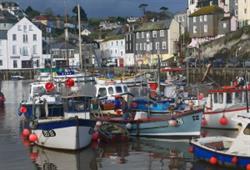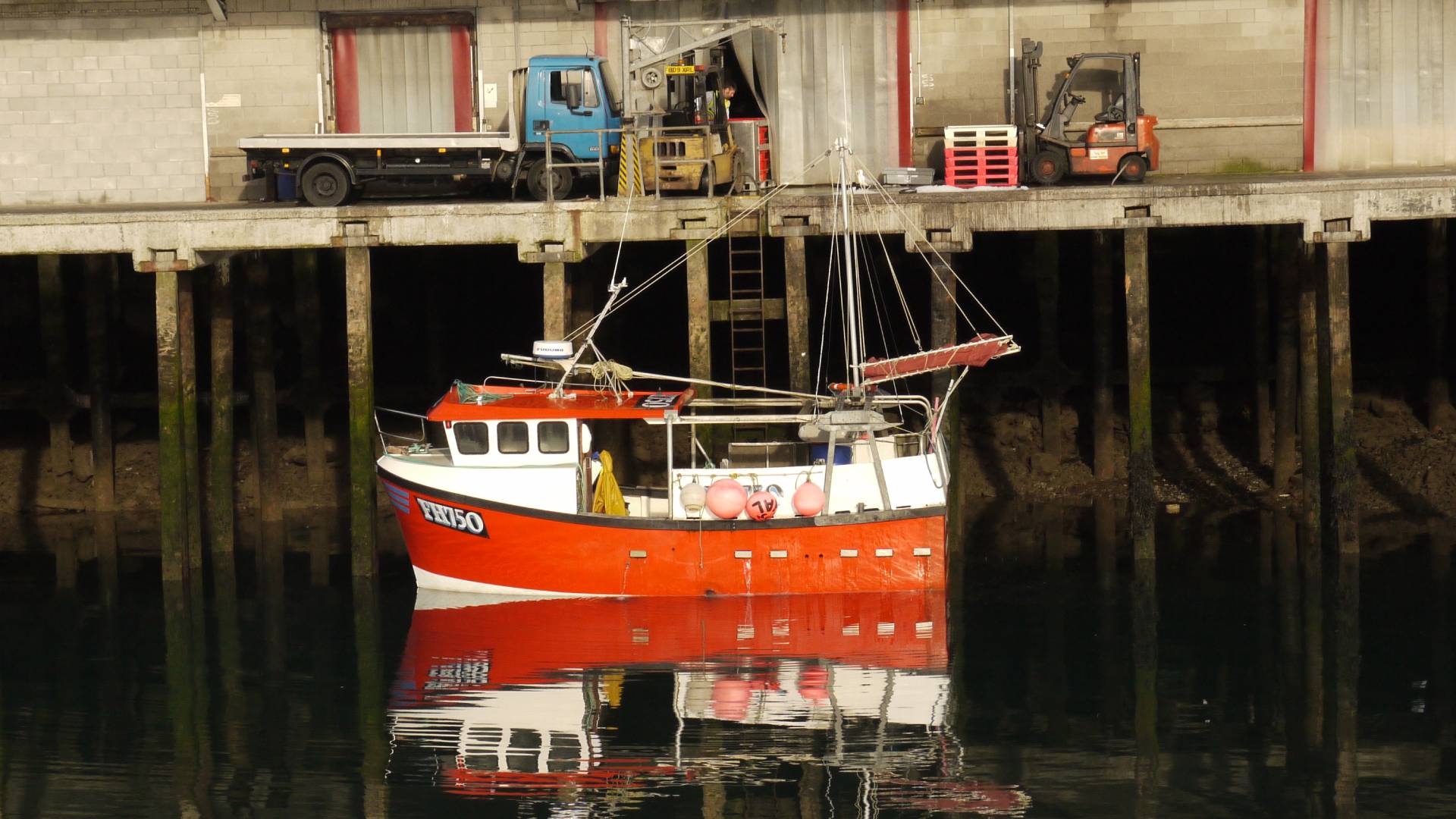So what is Project Inshore doing?
The idea is that, together with a wide range of stakeholders, Project Inshore will bring the environmental sustainability of inshore fisheries to the forefront of discussions. It will also address some of the trade barriers for local fisheries that make it difficult for them to get a good price for their fish.
the environmental sustainability of inshore fisheries to the forefront of discussions. It will also address some of the trade barriers for local fisheries that make it difficult for them to get a good price for their fish.
Food Certification International, an independent auditor, will map and audit all of English inshore fisheries. The audits will be based on the MSC Three Principles and will be based on the MSC’s ‘pre-assessment’ process:
By assessing all English fisheries against the same criteria, Project Inshore links into wider conservation and management frameworks: the project will draw on ongoing work and its outputs will be used to inform inshore fishery management reform and in guiding the designation and management of Marine Protected Areas.
The idea is not to overburden the inshore industry with multiple layers of management but instead (and where necessary), to manage fisheries more efficiently working with the best tools available.
The first stage – mapping the inshore fisheries for the first time – is already complete and soon we’ll be finding out more about the management challenges, and some of the fantastic examples of best practice in our inshore fleet.
Although Project Inshore won’t lead directly to MSC certification, for those fisheries that indicate a desire – and ability – to get MSC certified, Project Inshore will be the first step on the ladder towards MSC assessment. To find out more, visit Project Inshore.


